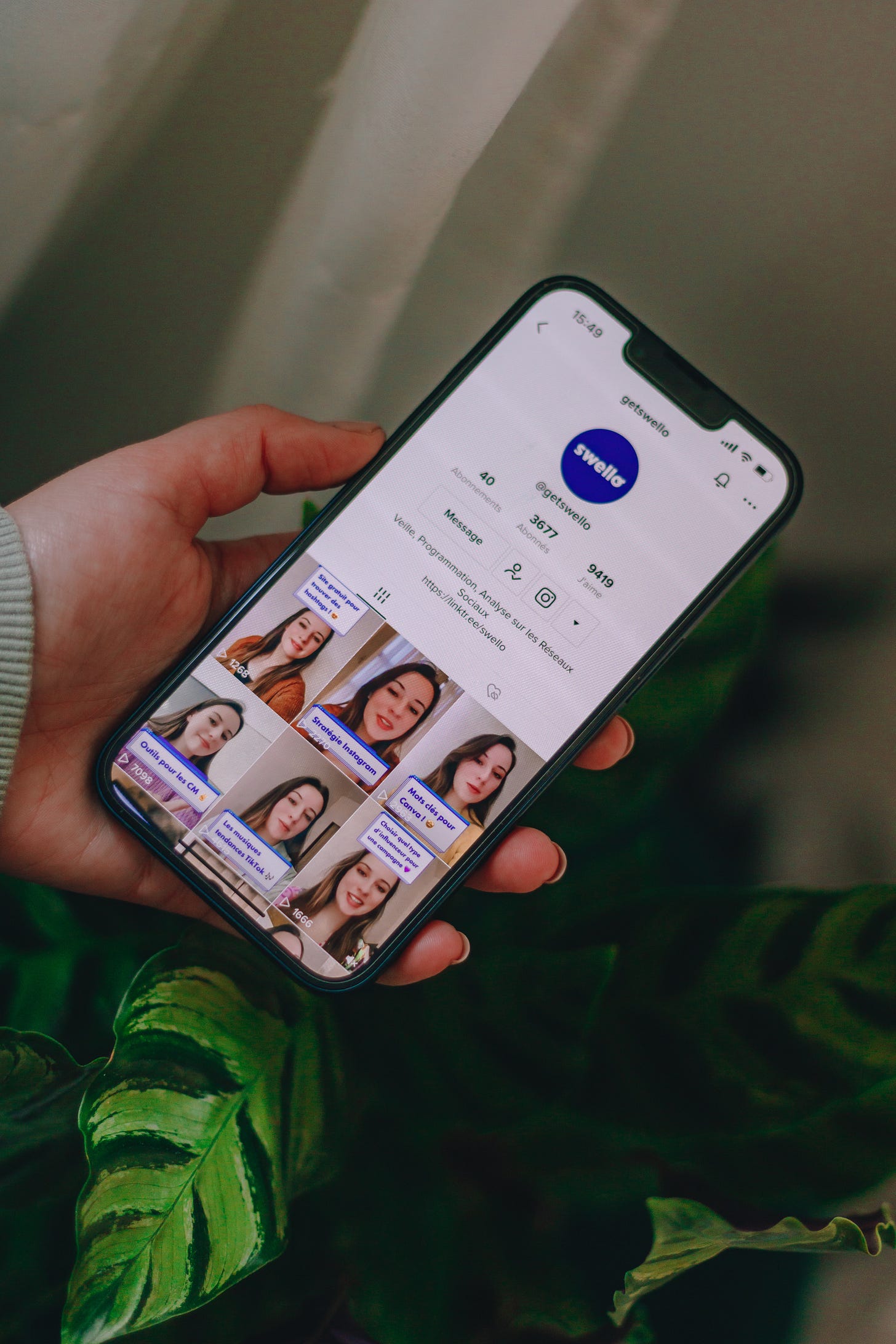The US Battle Against TikTok
After first being banned from government devices, TikTok is now being banned from some college campuses.
Image Credit: Unsplash
What is Going On?
Move comes as US government steps up efforts to curtail TikTok, owned by Chinese company ByteDance.
The app has already been banned on all federal government devices and on government devices in 31 states over data privacy concerns since December 2022.
Now restrictions are spreading to universities, with the Auburn University, University of Oklahoma, Texas A&M and others all blocking the platform from school wifi networks.
Most of these bans were enacted by schools that take government funds in states such as Texas where lawmakers are already waging political war on TikTok.
Why?
The move is the latest chapter in a longstanding dispute over whether the app threatens US national security.
The ban will be difficult to enforce because students can easily get around it by using cellular data instead of internet access.
Nevertheless, it indicates a serious attempt of limiting TikTok access to the public from the US
Concerns on TikTok
Some accuse ByteDance of collecting sensitive user data and censoring content.
Concerns such as the abuse of TikTok's powerful recommendation algorithm, as well as collecting user data or controlling software, to push influence of the Chinese government.
TikTok Chief Operating Officer Vanessa Pappas testified at a Senate hearing that the company does not store American data in China.
TikTok's US operations have already shifted to routing the app through Oracle, an American software company, to ensure stricter content moderation that is less susceptible to Chinese authorities' influence.
Fake news stories and images of politicians are starting to warp reality on TikTok for creating viral videos and photos called 'deepfake'.
Two girls' parents claim their children died as a result of a "blackout challenge" on TikTok. Users were encouraged to choke themselves until they passed out as part of the challenge. According to the lawsuit, TikTok knew or should have known that its product was "addictive" and directed children to harmful videos.
Beautiful Lines from the American public sector on Banning TikTok
Brendan Carr, a commissioner of the Federal Communications Commission (FCC) said it should be banned outright.
Christopher Wray, director of the F.B.I., told Congress he was "extremely concerned" about TikTok's operations in the United States. He also said TikTok "doesn't share our values" and could "manipulate content,"
Senator Marco Rubio introduced legislation that would effectively prevent TikTok from operating in the United States by banning all apps "subject to substantial influence" by China, Russia and other foreign adversaries.
How Significant is TikTok
Since its release in 2017, TikTok has become a wildly popular global platform for content videos, especially among teens, with tools that make it easy to film yourself, integrate special effects and share the results.
Seemingly overnight, TikTok has managed to remake American culture both low and high, from media and music to memes and celebrity, in its own image.
TikTok turned Olivia Rodrigo into a household name and propelled the author Colleen Hoover to the top of the best-seller list, with more copies sold this year than the Bible.
Corporations and brands, from Goldfish crackers to Prada, have redirected billions of dollars worth of advertising to the platform.
Last year, TikTok had more site visits than Google, and more watch minutes in the United States than YouTube.
Young people (Gen Z) are turning to TikTok to search for answers instead of Google.
Image Credit: Unsplash
Thinking Points
Tough on China: The battle will only ramp up in coming months, as we move into a presidential primary season during which being "tough on China" is seen as beneficial to both Democrats and Republicans. The bans distract from legitimate issues at hand, including data privacy, app security and national security, which exist on every social media app out there, not just TikTok
Do I Care about Misinformation and Data Usage on TikTok?: With deepfake content and unvetted information on TikTok, there is now even more information to access, but also higher chance of misinformation. How would one effectively tackle that as a company and as a user?
The Blend of Both Worlds: The New York Times gives an interesting point by the following quote
What often goes unnoticed in these conversations is that TikTok is as much a product of the West as it is of China. ByteDance owes its very existence to the intermingling of ideas, capital and people that defined the last five decades of U.S.-China engagement. The United States sought to woo China with the appeal of its model and the benefits of the existing international order, in the hope that a liberalized market economy would foster domestic political reform. At the same time, Beijing seemed eager to build up its own tech sector as an engine of economic growth and global soft power. The success of a product like TikTok was only the most visible example of a deeper tech symbiosis that once appeared inevitable.
Sources
Background and Ban on Campus
How Big is TikTok?
TitTok Sued by Parents
Misinformation on TikTok
TikTok as a Search Engine
FBI Concern on TikTok





